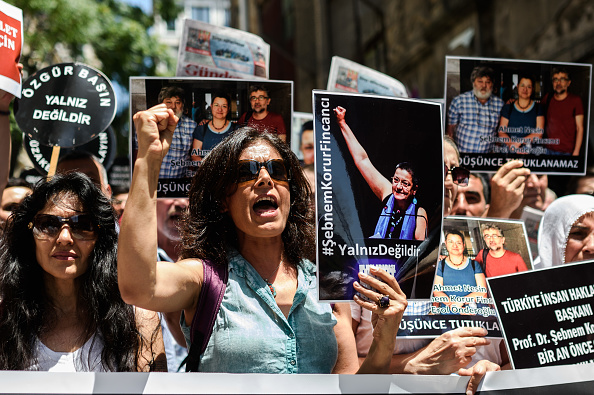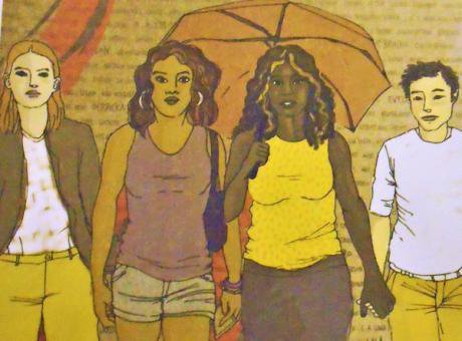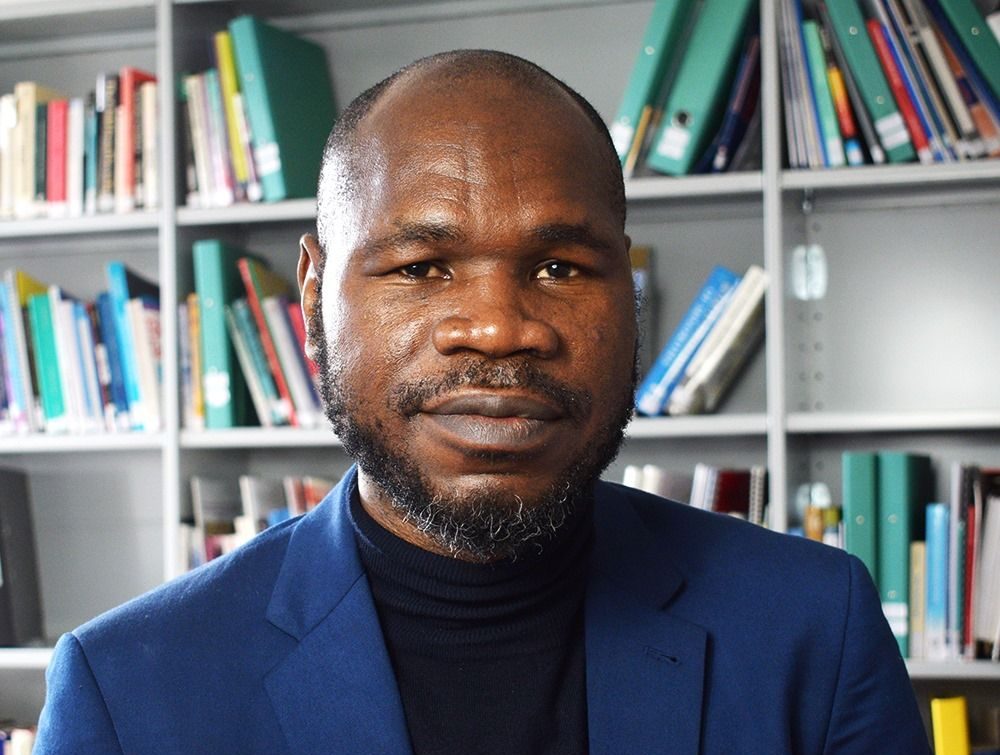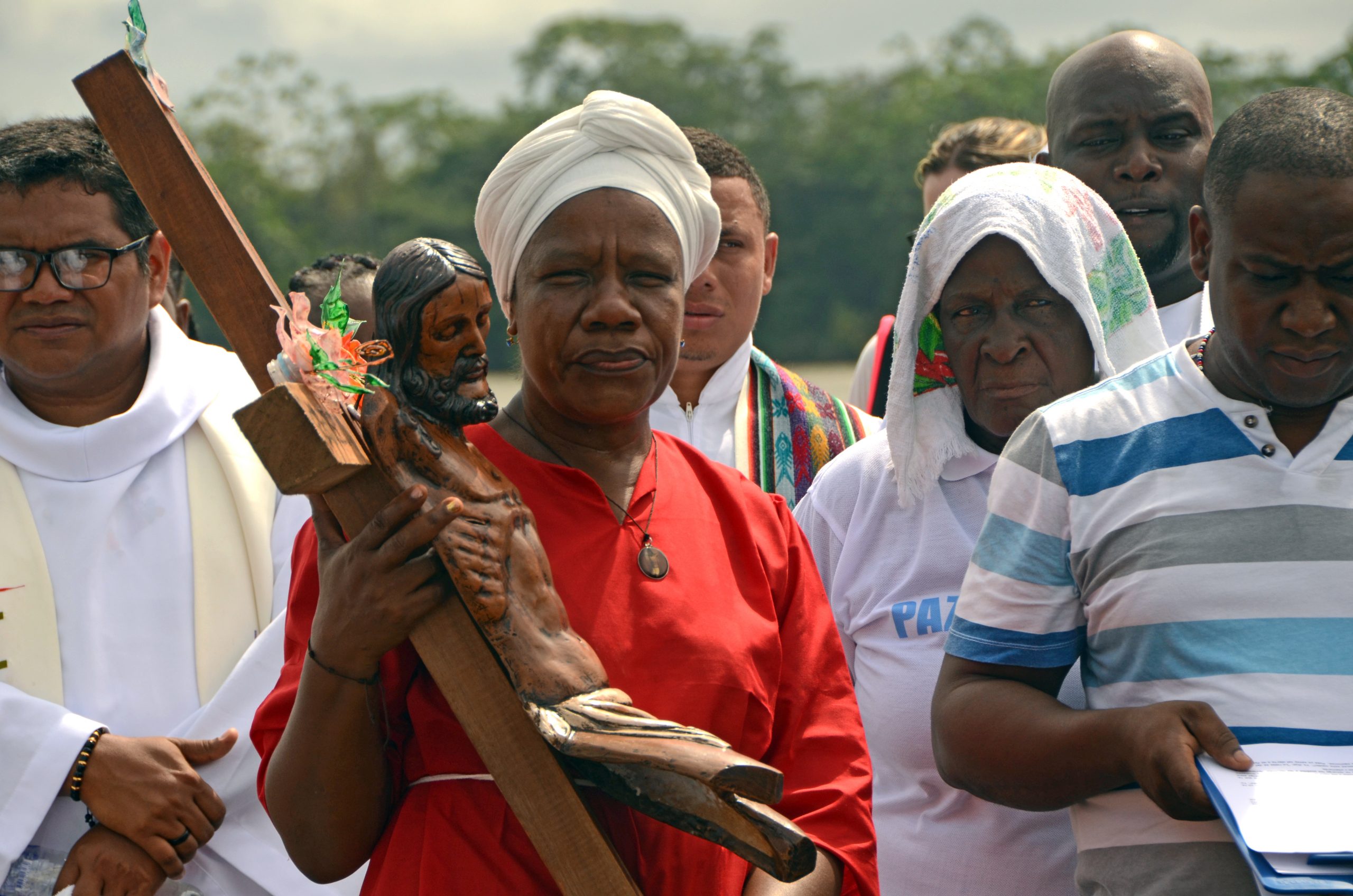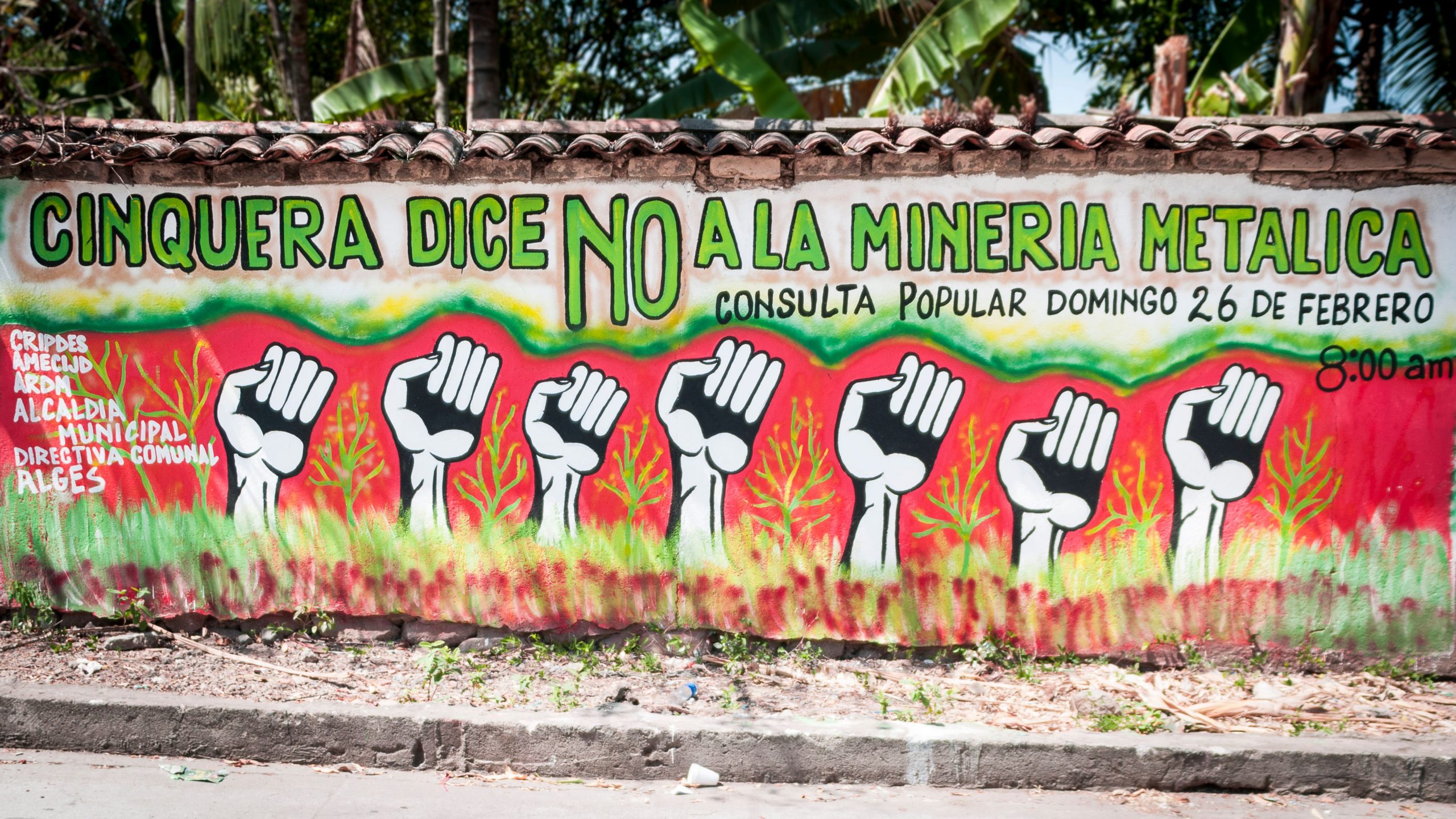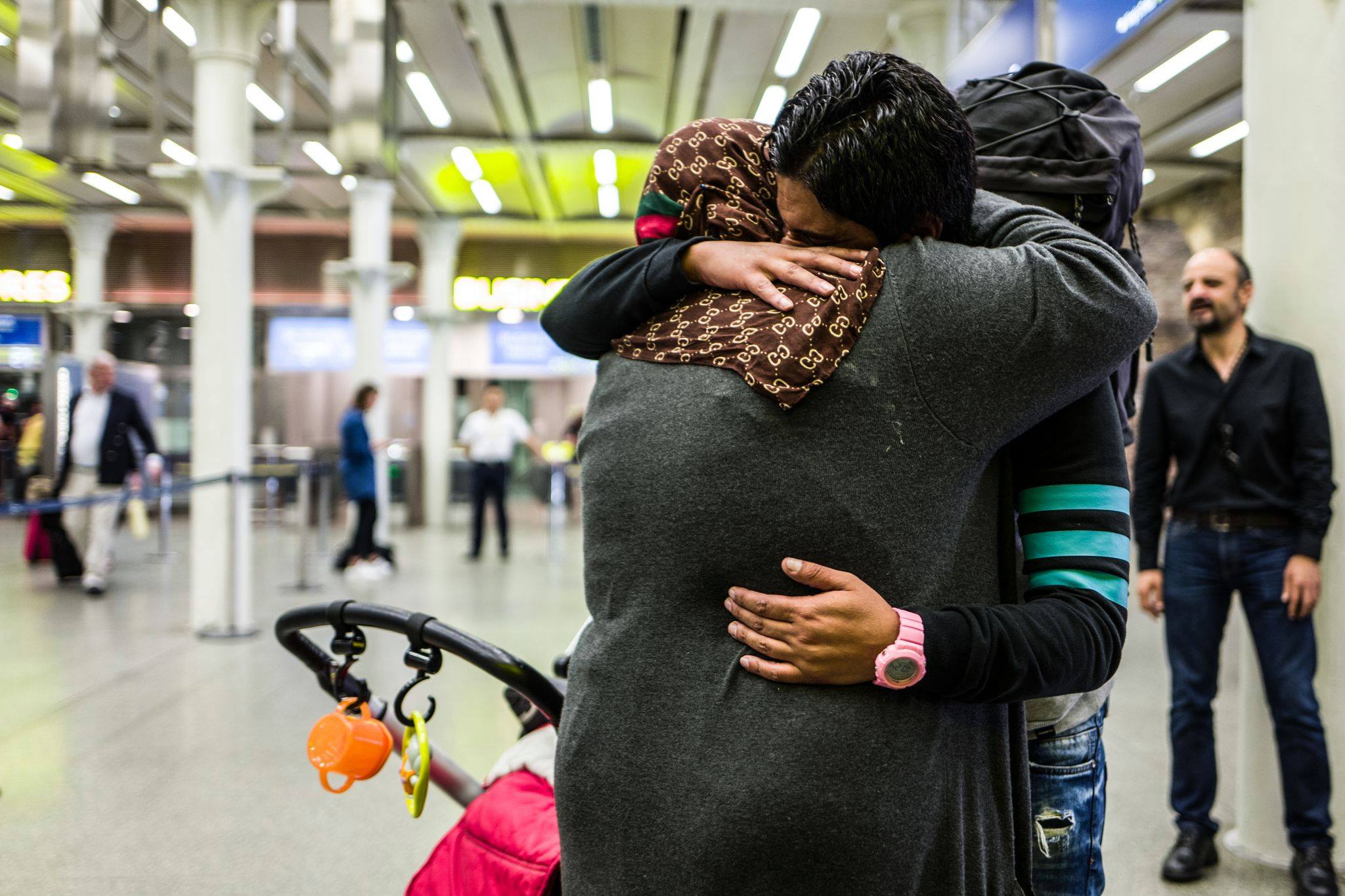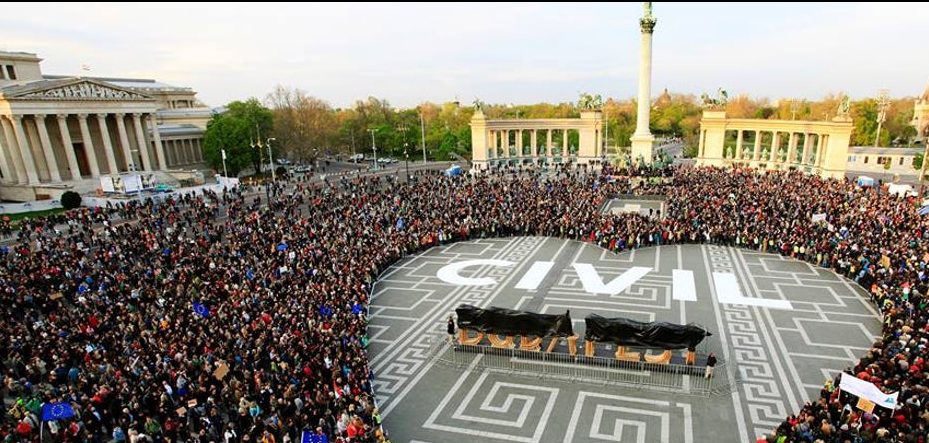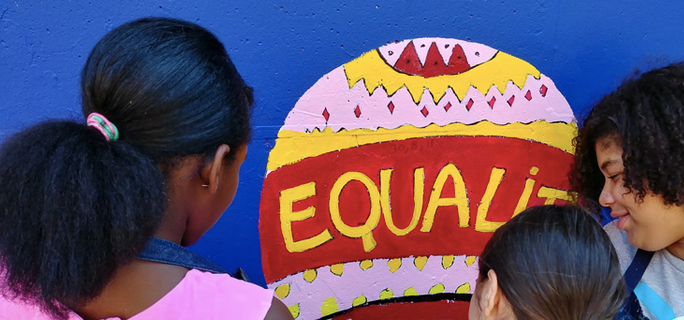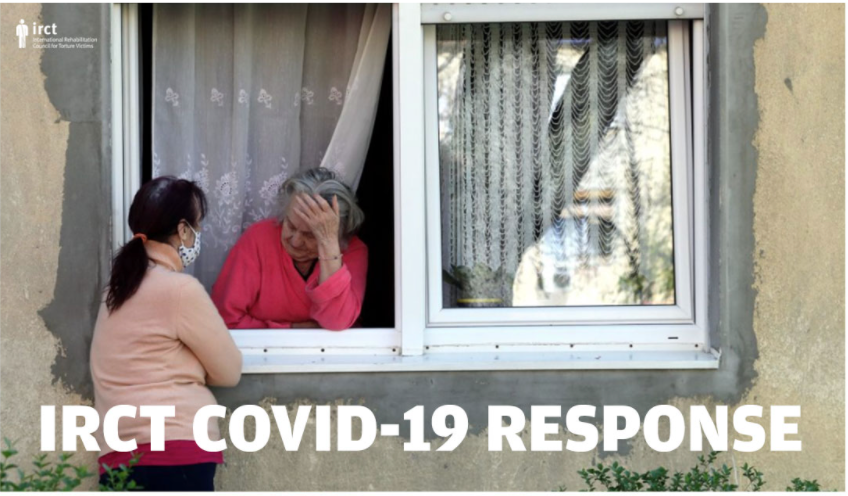The Trust was founded in 1995. Communism had fallen in the Soviet Union and Eastern Europe, apartheid was over in South Africa, the military dictatorships in Latin America had ended, China was opening up and women’s rights and LGBT rights were expanding. It felt like a hopeful era for human rights, but we also realised, witnessing how little was done to stop ethnic cleansing in the Balkans, genocide in Rwanda, and the devastation of Russia’s successive campaigns in Chechnya, how fragile that hope in fact was.
We helped to build Human Rights Watch and other organisations advocating for human rights principles and disseminating information about repression. We supported the campaign to establish the International Criminal Court. We helped the peace process in Northern Ireland, and, later, work on torture and extrajudicial rendition of terror suspects to countries where torture was practiced with impunity. We funded forensic excavation of mass graves, and efforts to memorialise human rights abuses and atrocities. We supported environmental groups, particularly in authoritarian and post-authoritarian contexts.
We have always believed in the autonomy of the organisations we support. We are keenly aware of the power imbalance between donors and grantees, and fund our grantees in a spirit of solidarity and true co-operation. The people we support know better than we do the realities on the ground and how best to use their resources to meet those realities. Most of our grants, therefore, are not earmarked for particular projects. Our programme staff conduct a rigorous assessment of proposed grantees, and once a group has passed through that process we regard them as equal partners, and support them with long-term unrestricted grants.
Human rights are principles for a just society. The case against torture and extra-judicial executions unfortunately still needs to be reiterated, even in democracies. Fundamental rights of free expression and the principle of the independence of the judiciary are coming under attack from the new authoritarian movements in Europe and elsewhere. Corruption and misinformation corrode democracy and the rule of law in many parts of the world, accompanied by intimidation and violence. Brutal wars destroy lives. And meanwhile, certain groups claiming to be engaged in human rights work publish material on websites and social media glorifying or condoning violence against civilians, disregarding fundamental principles of international humanitarian law and human rights.
Philanthropy today is not an easy field to navigate. Our partners, however, do extraordinary work in a range of countries, recording human rights abuses, helping victims of torture and refugees, advocating for the de-criminalisation of homosexuality, freedom of expression, and much more. We support work on sites of environmental contamination and chemical regulation, and fund a number of academic institutions in a range of disciplines.
Much has changed since 1995, but our principles and values remain the same.
Sigrid Rausing

